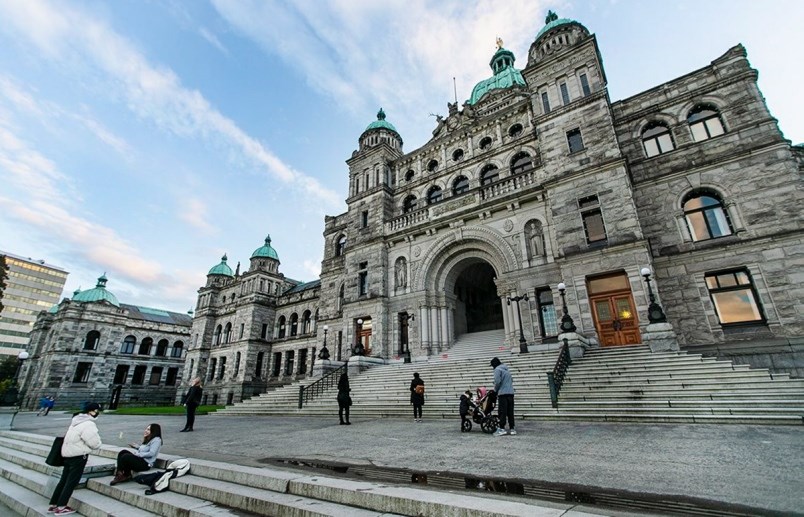As the provincial government prepares to release Budget 2023, the BC Chamber of Commerce, its 100 member chambers and boards of trade and the province’s business community will be looking for a plan that does not add to the already high cost of doing business in British Columbia.
Over recent years, the government has implemented measures that have increased costs and made it even harder for B.C. businesses to thrive and grow, particularly the small and medium-sized businesses that are the backbone of our provincial economy and support urban and rural communities in every region.
These measures include new and increased taxes, mandatory five paid sick days, increases to the minimum wage five years in a row and the recent introduction of a new statutory holiday. Faced with the ongoing challenges caused by high interest rates, inflation and supply chain challenges, B.C. businesses need help.
Through its member chambers of commerce and boards of trade, the BC Chamber represents more than 36,000 businesses of every size, and from every sector and region of the province. We know firsthand the challenges they are facing. In a recent survey of members, 87 per cent of respondents confirmed the “costs of doing business” have gotten worse over the past year and 78 per cent said “costs of labour” have also gotten worse.
Now is the time for decisive actions from government to reduce the cost of doing business in B.C. and create conditions that attract new investment to our province.
So, what can the government do to help businesses and our economy?
To help B.C.’s smallest businesses, it can amend the Employer Health Tax by increasing the base payroll exemption threshold from $500,000 to $1.5 million. This would ensure B.C.’s tax is more competitive with other provinces, allow for more businesses to be exempted from the tax, reduce the cost of hiring for more businesses and encourage job creation and wage growth.
It can make changes to the PST to make it less cumbersome and reduce the administrative burden on businesses of all sizes. Over the long term, government should also engage with British Columbians on our existing tax structure and look for ways to develop a structure that enhances the province’s competitiveness and productivity.
Government must address the permitting delays that our natural resource sectors face – delays that hinder the investment, employment opportunities and revenue growth that help pay for the health and social services that British Columbians rely on. Government must put a greater priority on creating a business climate that attracts investment and generates well-paying, family-supporting jobs in our communities.
Our province is experiencing a heartbreaking mental health and addictions crisis that affects families and communities right across B.C., as well as businesses and the economy. Government must commit to greater investments in mental health and addictions services, especially in smaller and rural communities where, all too often, no such services are readily available.
These are just some of the measures that government can take to improve the business environment.
We know that we cannot have healthy communities without healthy businesses. If businesses struggle, their communities will, too. It is time to address the barriers that are preventing our economy from reaching its full potential.
Fiona Famulak is president and CEO of the BC Chamber of Commerce.




